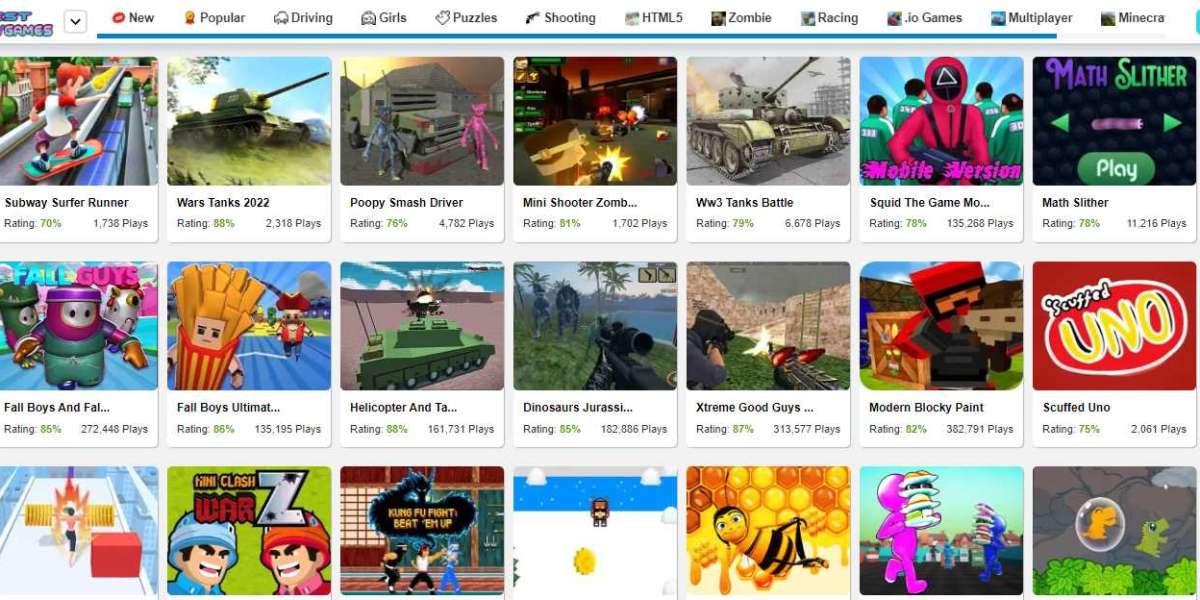Marketing communications copywriter Charlie Trumpess takes a humorous look at how best to tackle that age old terror, the job interview.
Let’s face it, job interviews are about as much fun as a hot wax with no anaesthetic. After all, attempting to showcase your talents to a bunch of strangers, usually against the clock and on someone else’s turf is not a natural act. Nevertheless, if you really want the job then you have to crack the interview conundrum. Giving ‘good interview’ is all about the three Ps - preparation, presentation and positive thinking. All interviews are basically made of the same hellish stuff, so let's start at the beginning with the introductions.
The interview introduction can be a slippery customer and one that can easily get away from you. Once you enter that chamber of horrors commonly known as the interview room, you’re on your own, never sure if you’re saying or doing the right thing. The harder you try to relax the more nervous you seem to feel. Simply stringing a coherent sentence together seems like one of the labours of Hercules. Of course the room is unbearably hot and your mouth is unusually dry so your tongue swells, cutting off the oxygen to your brain. Panic grips you. Finally, just as you’re about to turn on your heels and make an undignified dash for the nearest fire escape, the kindly interviewer extends a friendly hand and welcomes you. Now what do you do?
Fear not. Introductions don’t have to be embarrassing, distressing or tearful episodes. Introductions can be easy and fun. You simply have to approach things calmly and logically. Stop and think about it for a moment. You’re meeting someone for the first time; it’s a clean sheet, an opportunity for you to write your own ticket without preconceptions or bias getting in the way. All you have to do is arrive on time, dress smartly, check your teeth for remnants of your last meal, be yourself and make sure you’re wearing industrial strength deodorant. What could be simpler? To build up confidence you can always practice introducing yourself in front of the bathroom mirror before you actually attend any interviews. You might want to try this in the comfort of your own home rather than in the washroom of your local pizzeria, where introducing yourself to fellow patrons might be frowned upon.
Having successfully navigated the interview introductions, your next big challenge is to deal with an offer of refreshments. Something as seemingly benign as a cup of tea or coffee can wreak havoc during an interview. Having to juggle hot liquids in flimsy plastic cups while convincing a stranger of your marketing expertise or business acumen should always be avoided. Accepting or declining refreshments is something of a judgement call, as you don’t want to appear ill at ease, but remember the risks are high. Loud slurping or gulping won’t endear you to the interviewer while spilling hot chocolate down the front of your cream and oatmeal business suit is a blunder few candidates can easily recover from. So, if you find fear and anxiety has made your mouth as dry as Death Valley on the hottest day of the year simply ask for a glass of water. It’s probably your safest option.
According to certain eminent psychologists, who study such things, the first few minutes of any interview are crucial in determining the final outcome. It seems that first impressions really do count. With the preliminaries over, it’s time to tackle the main event. By this stage of the game you’ll either be brimming with confidence or desperate for the lavatory, a cigarette and a family-sized candy bar. Whatever happens you must stay focussed on the task at hand. 105 seconds is all the time you’re going to get to make the right impression. The key is not to panic. DON’T PANIC! If you’re properly prepared then nothing can go wrong. You should know exactly what questions to ask, what to say, and when to say it. Try to anticipate the questions the interviewer is likely to ask, and have your answers ready. But remember, before answering pause for a moment. It looks more natural. Keep your delivery clear, consistent, positive, short and simple; then you won’t go far wrong. And try not to get sidetracked or go off at a tangent.
However doubtful you are, take it on trust that having your highly polished, recently manicured fingernails pulled out with rusty tweezers is far worse than your average job interview. Interviewers aren’t the monsters they might first appear. They’re just ordinary people doing a difficult job. If the interviewer makes a poor decision then both you and your new employer will suffer the consequences. The best thing that you can probably do is place your trust in the interviewer’s experience while checking the chair you’re offered for chains and thumbscrews. At the end of all this torment, after saying and doing everything right, you still might not get the job. Sometimes life is fickle. In such a case, try to get some positive feedback on your interview technique and move on.
Typically, just as you start to relax and feel you’re building a rapport with your interviewer you’ll find the whole torturous process suddenly coming to an end. And it’s now, at the end of the interview that you face your biggest challenge. As your confidence levels climb it’s tempting to drop your guard and divert from your original interview strategy. Resist this impulse. Technically known as ‘end-of-interview euphoria’ you must fight the urge to say something witty or clever. In the intoxicatingly thin air of your newly found confidence the chances are that your wit and cleverness will be interpreted as glibness or even rudeness. Take it from someone who has suffered this fate; fight your urges and keep your mouth shut without you’re asked a direct question.
Maybe not the big finale you imagined or rehearsed, but safer by far to conclude your interview with a thank you, a smile and a gentle reminder of your contact details. Before you stand up to leave, especially if you’re one of that daredevil breed who recklessly accepts liquid refreshments, make sure that everything spillable is out of harm’s way. Now, all that remains for you to do is get out of there. At this last delicate stage of the proceedings it’s advisable not to run. Hazards are everywhere and tripping over the wastebasket, upsetting the coffee table or ripping the telephone line out of its wall-socket will usually go against you. Whenever possible it’s best to leave your potential new employer’s office building, fixtures and fittings just as you found them. Play by the rules and you’ll walk out of there with a new job in the bag. Congratulations. Alternatively, tomorrow’s another day and another interview.








